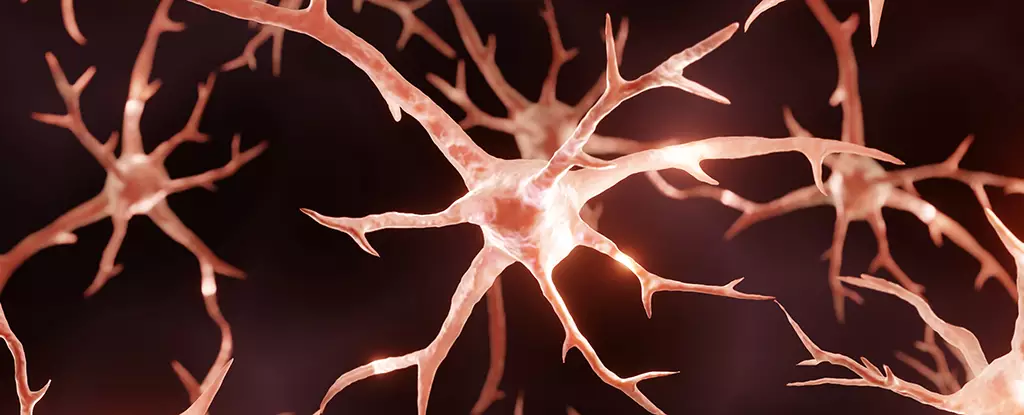Alzheimer’s disease is a growing concern in the aging population, with researchers constantly exploring new ways to reduce the risk of cognitive decline. One recent study has shed light on the potential benefits of ketogenic diets in delaying the early stages of Alzheimer’s-related memory loss.
A key finding of the study led by the University of California, Davis (UCD) is the molecule beta-hydroxybutyrate (BHB), which is elevated by ketogenic diets. This chemical was found to be particularly abundant in biological pathways associated with memory and brain plasticity. The researchers observed that BHB has the ability to improve the function of synapses, which are small structures that connect all nerve cells in the brain.
The ketogenic diet is characterized by low carbohydrate intake and higher levels of proteins and fats. This diet shifts the body’s metabolism, leading to the burning of dietary and stored fat and the production of ketones for fuel instead of glucose. The study found that the extra BHB produced by the keto diet had a positive impact on the brain, keeping its gears turning, especially in older individuals who may experience slower cognitive function.
Interestingly, the study also revealed that the keto diet produced more BHB in female mice and seemed to benefit them more. This raises questions about the role of gender in Alzheimer’s risk, especially in individuals carrying the ApoE4 gene variant, who are at a significantly higher risk for the disease. Understanding these gender differences could provide valuable insights into tailored approaches for Alzheimer’s prevention.
While the findings of this study are promising, it is important to note that high levels of ketones come with their own health risks. Scientists are still not certain about the long-term effects of ketogenic diets on overall health. However, the results of this study offer valuable information that could help researchers better understand how to slow down or block the changes in the brain that contribute to Alzheimer’s disease.
The research on the impact of ketogenic diets on Alzheimer’s risk highlights the potential benefits of BHB in delaying cognitive decline associated with the disease. While more studies are needed to fully understand the implications of these findings, this study provides a step forward in the quest to find effective strategies for Alzheimer’s prevention. Ultimately, a better understanding of the interplay between diet, metabolism, and brain health could lead to innovative approaches for reducing the risk of Alzheimer’s in the future.



Leave a Reply